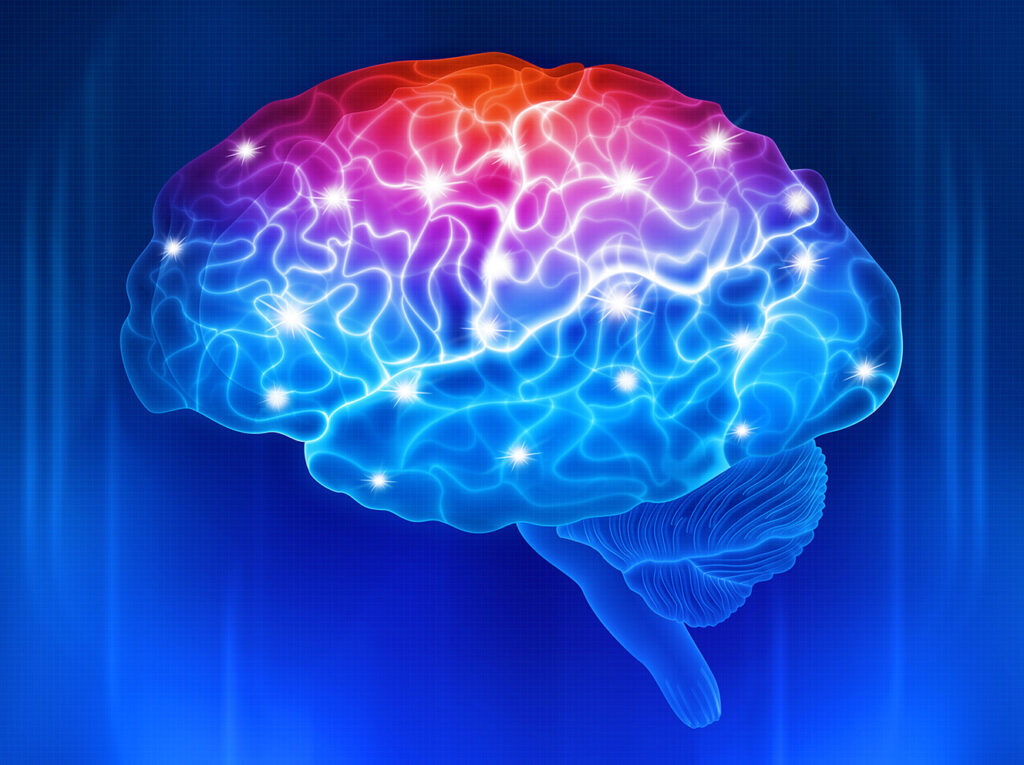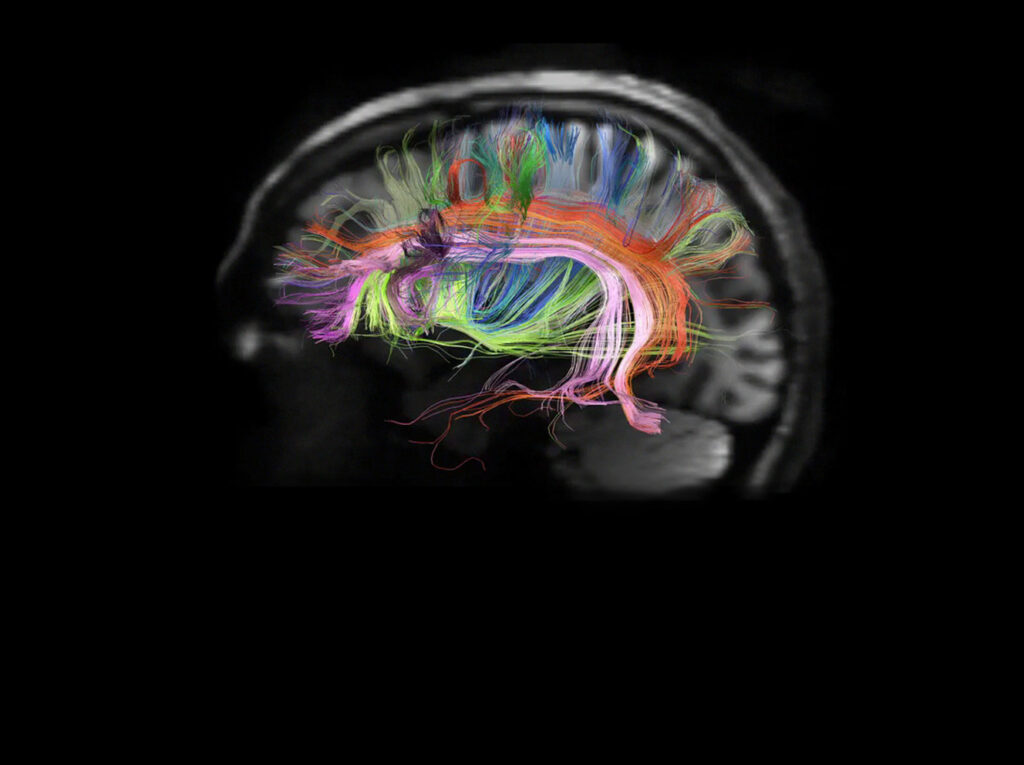Yi Gong, PhD, doesn’t see patients. But she thinks about them every day in the laboratory where she studies the molecular underpinnings of rare neurodegenerative diseases.
“I can only imagine the heartbreak these families feel when they watch their loved one struggle with progressive symptoms,” says the researcher in pediatric neurology. “I am inspired by their determination — and grateful for their partnership in our efforts to find answers.”
Research into Rare Diseases Brings Hope to Families
Working closely with Florian Eichler, MD, Director of Massachusetts General Hospital’s Center for Rare Neurological Diseases, Dr. Gong focuses on developing new treatments for adrenoleukodystrophy (ALD), a serious and sometimes deadly hereditary genetic disease in children that damages nerve cells in the brain and spinal cord, and adrenomyeloneuropathy (AMN), a version of the disease that occurs in adults.

When ALD occurs in children — mostly males — it can cause seizures, behavioral and coordination problems and sometimes death. In adults, the disease, known as AMN, leads to loss of mobility, incontinence and pain. “We study the genetic anomalies and damage that cause problems for individuals,” Dr. Gong says. “Once we understand why the problem happens, we can work toward developing therapies that repair the damage or prevent it altogether.”
Promising Therapies, Complex Testing
The time-consuming process of testing potential therapies for human disease, moving step-by-step from cellular models into small animal models, is designed to ensure all safety precautions have been taken and the potential of a therapeutic strategy has been measured before testing the therapy in humans.
Recent advances in genomics, brain imaging and stem cell technology — many of which were pioneered at Mass General — have made unprecedented and transformative discoveries about the brain possible, leading to treatments for illnesses previously thought incurable.
In just the past few years, Dr. Gong says, physician-scientists developed a stem cell-based gene therapy that rescues brain cells in the brains of children with ALD before the cells begin to deteriorate. Dr. Gong and her colleagues found, however, that the therapy did not deliver enough healthy genes to save the brain cells in adult patients.
“It was so frustrating to discover that the therapy that was so effective for one group of patients would not help another,” she says. “Luckily, another therapy for neurological disease emerged. Its ability to deliver genetic therapies has become popular and successful in treating disease like spinal muscular atrophy. It has great potential for treating adult ALD.”

And so, with the help of philanthropic support, Dr. Gong went back to the drawing board to test the efficacy of the new gene therapy in ALD patients.
“Dr. Gong’s research is the kind of painstaking, behind-the-scenes work that doesn’t often get the attention of large foundations and governmental funding agencies,” says Dr. Eichler. “And yet this work is crucial to our progress and to the ultimate benefit of our patients.”
An Investment in Skills and Strategies
During her research, Dr. Gong investigated several delivery methods, learning to perform complex surgical procedures in small animal models along the way.
“Our early work collaborating with scientists and clinicians across institutions to build the foundation for these investigations has a ripple effect,” Dr. Gong says. “The discoveries we make here, in this one rare disease, will inform and advance our investigations of other diseases.”
The team’s persistence has led to the development of a successful gene therapy delivery system in mice. In partnership with SwanBio Therapeutics, they expect to being stage 1 and 2 clinical trials with 15 patients in 2023.
“I am very excited about this step forward,” says Dr. Gong. “I believe this will, one day, make a positive impact on the lives of patients.”
To make a gift or learn more about basic research in neurological diseases, please contact us.

This story is just one example of the groundbreaking efforts taking place at Mass General, home to the largest hospital-based research enterprise in the U.S. — the Mass General Research Institute. The Research Institute encompasses and provides support to thousands of scientists, hundreds of laboratories, and helps to guide, connect and promote this unrivaled community of investigators as they advance the future of medicine, from the bench to the bedside, to the community and world.





